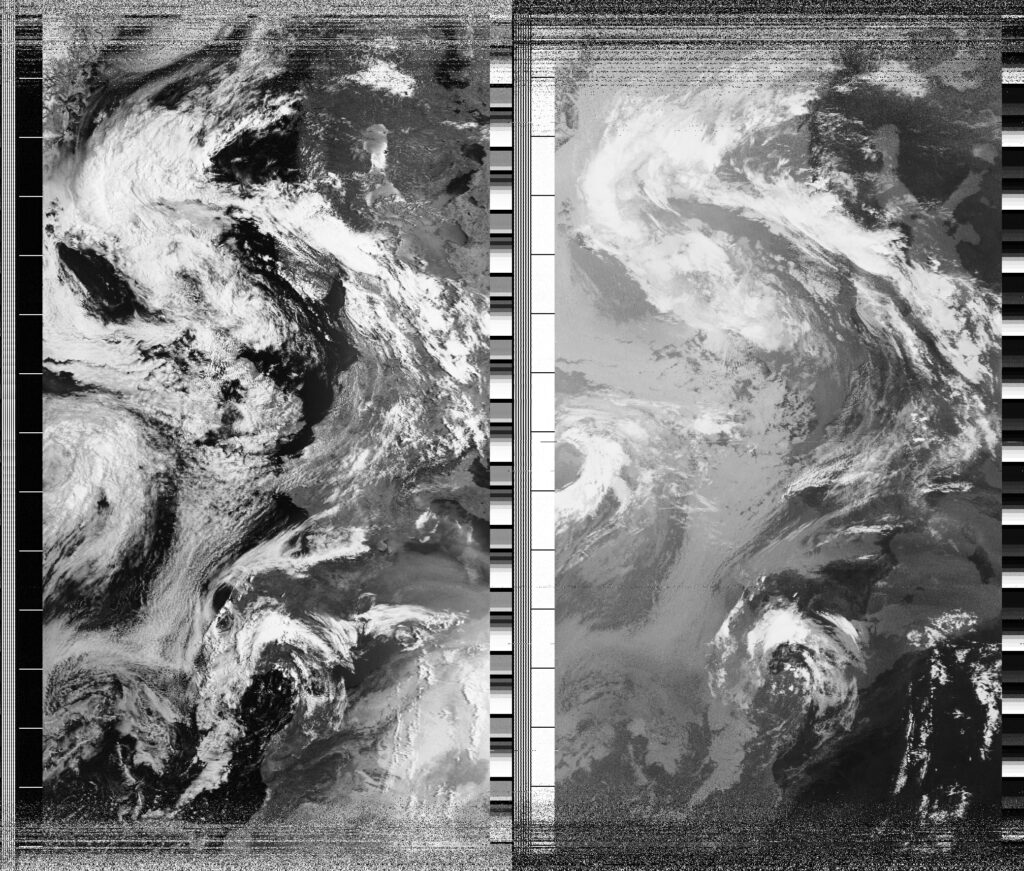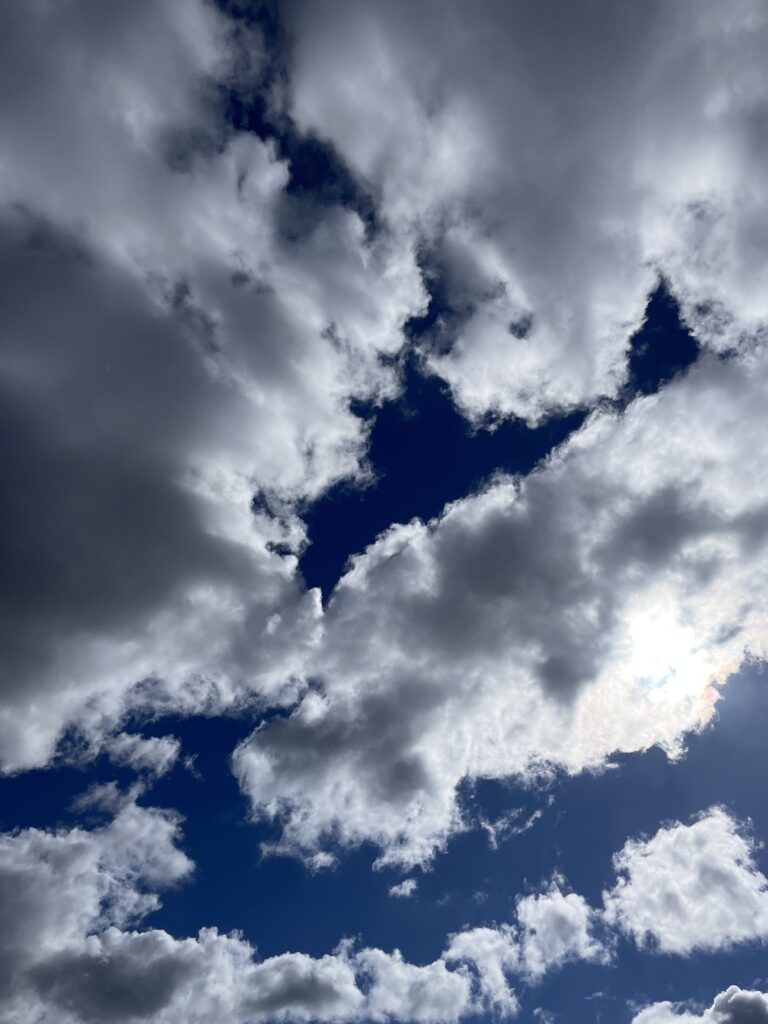Local Date
28 June 2024Local Time
09:06Location
Hackney Downs, LondonCountry or Territory
United KingdomContributor
Sasha EngelmannSatellite
NOAA-15Radio Callsign
Archive ID
Coordinates
Last night I finished 'The Well of Loneliness' by Radclyffe Hall, first published (and then banned because of its lesbian content) in the UK in 1928. It follows the life of Stephen Gordon, a woman from a rich family who, in the words of the time, demonstrates "sexual inversion" from an early age. Her life story moves from the rejection of her mother and expulsion from her home in the English Countryside, to driving an ambulance in World War II, to moving to Paris where she can live a little more openly with her partner Mary. To find places where they can be and dance in public, Stephen and Mary visit 'the bars' in Paris where queer people can go without fear of prosecution, yet these places are also full of despair, substance abuse and sadness. At the end of the book, and though it breaks her heart, Stephen pushes Mary away from her, as she sees that Mary could have the possibility of a 'normal' life with a man called Martin. In the last few lines of the book, Stephen, in anguish, pleads to God: "give us also the right to our existence!".
I think of how much has changed in the 100 years since the publication of The Well. I can live together with T, I can live an openly queer life, and I can freely access and read this book. Yet the 'pull' of 'normal' has not lost its strength. Society's 'straightening devices' work in new and different ways today, but they still work. Living obliquely or 'slantwise' requires unusual and surprising effort at times. And in an even odder development, queer identities and politics are now being used to 'pinkwash' the actions of corporations or governments committing acts of violence. In many ways, and in Ahmed's terms, society today might be oriented 'to' different things on the surface, but in many ways it is still oriented 'around' the same 'straightening' logic.

